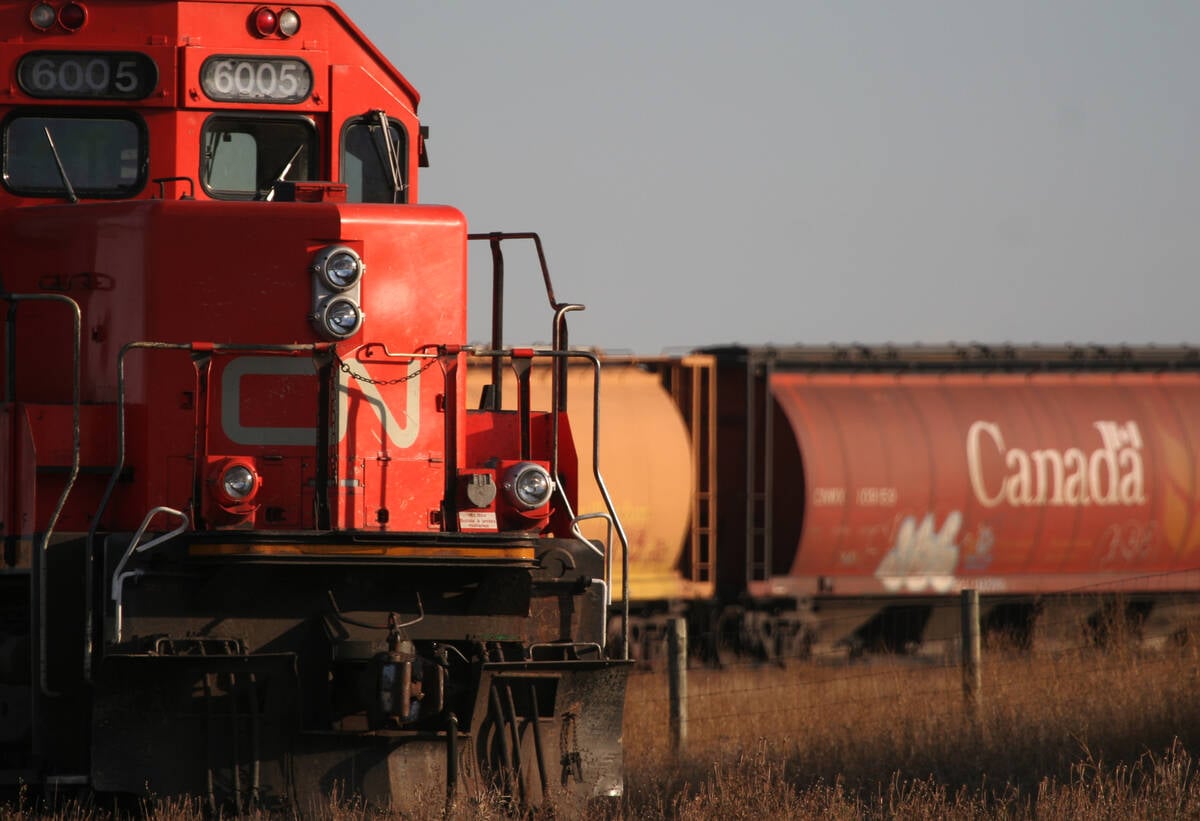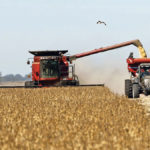“Usually, a business plan is based upon a forecast.”
That’s something that should change, former Bank of Canada governor Stephen Poloz told me the other day when I asked him about his advice to businesses and farmers to give up on having forecast-based planning.
It sounds wacky for an economist to recommend ignoring economists’ predictions about what the economy is likely to do next year, but at CropConnect he gave a speech laying out a future in which volatility and unpredictability were trumping predictability.
Read Also

Working groups established to address challenges in the containerized and bulk movement of commodities
CN is working with the pulse and special crops sector on resolving challenges in shipping those commodities.
“Instead, what we should be doing is identifying scenarios that we think have meaning. (That) there’s a (possibility) that they will occur. And just ensure that our business is prepared for all of them, not just the one our favourite economist prefers.”
This isn’t the first time I’ve come across this thinking in the past few weeks. As readers of this column will recall, Josh Linville of StoneX, a leading fertilizer market analyst, has been urging farmers to cover their exposure to historically high input costs by making crop sales or other revenue generators to cover the input-output risk.
Fertilizer costs are sky high and he isn’t going to tell you which way he thinks they’re going because he doesn’t know.
“At the end of the day, these markets are impossible to forecast,” Linville said.
Poloz certainly has his own take on what he thinks will happen in the biggest economic question of our times, which is what is going to happen to the high inflation now ravaging Canadians.
“I actually think inflation is going to fall a lot faster than most others expect.”
But he isn’t confident enough to make it a prediction he thinks you should base decisions upon.
Farmers should deal with the risks they can control and prepare for the long term with its more predictable trends.
For farmers relying upon labour outside the family, gaining and retaining workers will be an ongoing challenge, unlikely to get easier for many, many years.
Making the farm a pleasant, secure, rewarding place in which to work will be important for any farmer who needs skilled workers who are flexible enough to handle the various scenarios that could fall upon a farm, he said.
Preparing for challenging times rather than good times makes sense in an era of extreme volatility.
Looking to economists and other soothsayers for future guidance won’t likely be rewarding, because they aren’t likely to offer much.
“It will no longer be useful to try to forecast the future,” Poloz told farmers.
“I think economists are going to be wallowing around in an incredible amount of uncertainty and it’ll sound like they really don’t know what they’re doing.”
For a guy whose former job was leading the bold interest rate decisions that a central bank governor can’t dodge, that’s saying something, and it’s worth listening to.
















